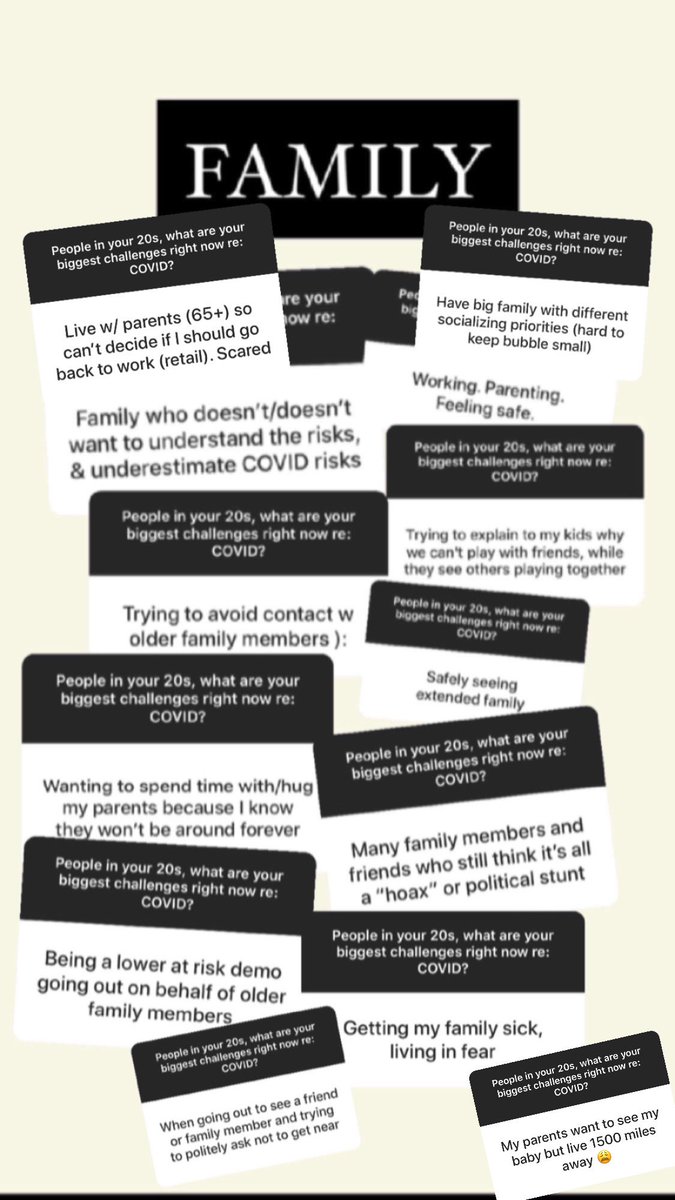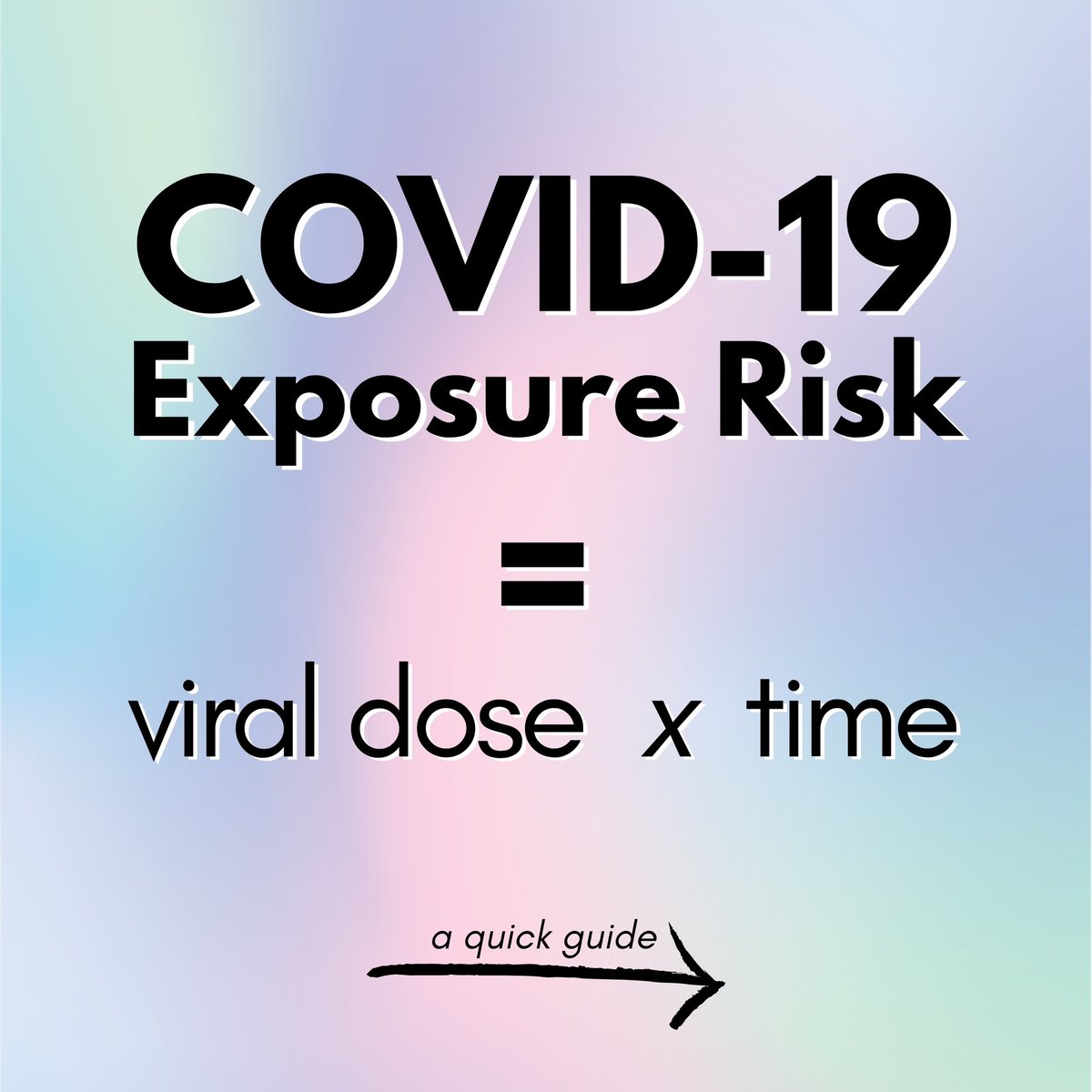
I'm reflecting a lot on Aristotle's 3 appeals for effective rhetoric.
In part b/c of the news about the very rare & atypical clots after AstraZeneca & now Janssen J&J vaccination... but also just with how we talk about the science of the pandemic in general.
#SciComm 🧵 | 1/13
In part b/c of the news about the very rare & atypical clots after AstraZeneca & now Janssen J&J vaccination... but also just with how we talk about the science of the pandemic in general.
#SciComm 🧵 | 1/13
I know many argue rhetoric - or persuasive communication - has no place in science, and I agree my goal is never to persuade but to inform.
But we always have to make our arguments "appealing", even those based on facts.
To catch attention, & make em relatable/memorable.
2/13
But we always have to make our arguments "appealing", even those based on facts.
To catch attention, & make em relatable/memorable.
2/13
We can debate the role of rhetoric in science communication later, but for now, the three appeals are:
✨LOGOS - logic
✨PATHOS - emotion
✨ETHOS - character/credibility
3/13
✨LOGOS - logic
✨PATHOS - emotion
✨ETHOS - character/credibility
3/13
In response to the news about very rare clots this week (but also during the whole pandemic), we tend to over-emphasize LOGOS in our science communication.
Eg. graphics that only 0.000001% of people who got the JJ vaccine have clots, or comparisons to oral contraceptives.
4/13
Eg. graphics that only 0.000001% of people who got the JJ vaccine have clots, or comparisons to oral contraceptives.
4/13
Stats are VERY helpful to give context to risk 🙌🏼
There is a really, really small overall risk of these clots. That risk may even be lower for certain demographics, which is part of what these pauses are to help us figure out.
But our scicomm can't stop at the stats.
5/13
There is a really, really small overall risk of these clots. That risk may even be lower for certain demographics, which is part of what these pauses are to help us figure out.
But our scicomm can't stop at the stats.
5/13
Logos is a GOOD starting place... but it can't be the whole story!!
As a young woman who *may* end up being more vulnerable to these clots, who like many others has had health concerns dismissed by docs.... ONLY sharing the stat feels SUPER dismissive to me.
6/13
As a young woman who *may* end up being more vulnerable to these clots, who like many others has had health concerns dismissed by docs.... ONLY sharing the stat feels SUPER dismissive to me.
6/13
[Quick note: because this is so rare, there are very few people who have had these atypical clots, which means there's a potential small sample bias here.
We're not entirely sure if it's skewing to more women due to an underlying vulnerability or rollout logistics]
7/13
We're not entirely sure if it's skewing to more women due to an underlying vulnerability or rollout logistics]
7/13
In any case, the brain operates on more than just logos.
Especially when the limbic system gets involved: we're afraid of a LOT of things that are low risk.
ie. Ever hesitated for a sec to open your eyes in the shower because holy shit there could be a demon !!!!!!
8/13
Especially when the limbic system gets involved: we're afraid of a LOT of things that are low risk.
ie. Ever hesitated for a sec to open your eyes in the shower because holy shit there could be a demon !!!!!!
8/13
If stats were enough to calm down a fearful amygdala anxiety wouldn't be a thing 🙃
9/13
9/13
Logos may help decelerate anxiety through top-down processing.
So yes it is important to contextualize risk.
But pathos - empathy - is KEY.
Do NOT dismiss or try to trivialize risk. Especially if you're not in the age/gender categories that seem to be more vulnerable.
10/13
So yes it is important to contextualize risk.
But pathos - empathy - is KEY.
Do NOT dismiss or try to trivialize risk. Especially if you're not in the age/gender categories that seem to be more vulnerable.
10/13
The key to this story is relative risk, anyway.
For most, these vaccines remove FAR more risks than they add. These variants are scary AF across ages.
People deserve transparency so they can be empowered to make the decision that is best for them.
11/13
For most, these vaccines remove FAR more risks than they add. These variants are scary AF across ages.
People deserve transparency so they can be empowered to make the decision that is best for them.
11/13
That's where the 3rd appeal comes in.
We *earn* ethos: trustworthiness & credibility.
By being transparent about risks, however small, with logos.
And acknowledging valid fears, especially among those with more reason to distrust healthcare institutions, with pathos.
12/13
We *earn* ethos: trustworthiness & credibility.
By being transparent about risks, however small, with logos.
And acknowledging valid fears, especially among those with more reason to distrust healthcare institutions, with pathos.
12/13
To me, good scicomm has LOGOS, PATHOS, and ETHOS.
It packages these into good storytelling and narrative.
And the best scicomm, in my opinion, consistently does this time & time again, building trusting relationships.
That's where we make the most difference long-term.
13/13
It packages these into good storytelling and narrative.
And the best scicomm, in my opinion, consistently does this time & time again, building trusting relationships.
That's where we make the most difference long-term.
13/13
• • •
Missing some Tweet in this thread? You can try to
force a refresh







